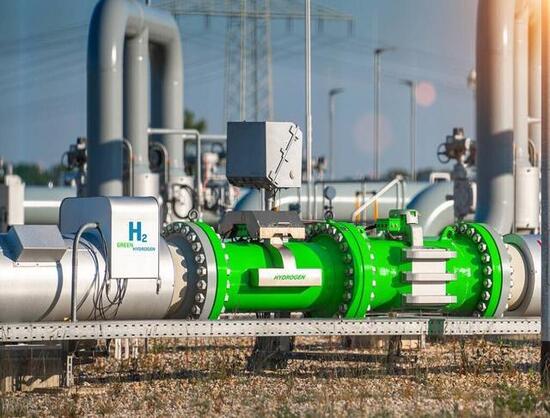Punjab's Green Hydrogen Revolution: Fueling Growth and Sustainability
Key Ideas
- Punjab's Green Hydrogen Policy 2023 targets 100 KTPA production by 2030, utilizing biomass for clean energy and supporting India's net-zero emissions goal.
- The policy offers substantial incentives including capital subsidies, vehicle subsidies, and exemptions to attract investors and promote the adoption of green hydrogen.
- Infrastructure development, single-window clearance, and support for startups and MSMEs through a Green Hydrogen Ecosystem Fund are key components of the policy.
- Emphasizing the use of agricultural biomass for hydrogen production, Punjab's policy aims to tackle stubble burning, promote sustainability, and drive economic development.
The Punjab government has unveiled its draft Green Hydrogen Policy 2023, positioning the state as a key player in green hydrogen and ammonia production in India. Aligned with the National Hydrogen Mission, the policy aims to leverage Punjab's agricultural biomass for clean energy and to help achieve the country's net-zero emissions target. By setting a challenging goal of producing 100 kilotonnes per annum (KTPA) of green hydrogen by 2030, with a focus on decarbonizing key sectors, Punjab aims to lead in industrial decarbonization, clean transport, and energy transition.
The policy offers attractive financial incentives such as capital subsidies, vehicle subsidies, and exemptions to encourage investment and the adoption of green hydrogen technologies. Infrastructure development, including hydrogen-ready pipelines and enhanced electricity grid capacity, is a vital aspect of the policy to support seamless production and consumption integration. Additionally, the establishment of a Green Hydrogen Ecosystem Fund to assist startups and MSMEs highlights the commitment to fostering innovation in the sector.
A notable feature of the policy is its emphasis on utilizing agricultural biomass, particularly paddy straw, for hydrogen production. This not only adds value to agro-residues but also addresses the issue of stubble burning, promoting sustainability and rural development. The policy also prioritizes the use of treated sewage water for hydrogen production to alleviate pressure on freshwater resources.
To streamline investment processes, the policy offers single-window clearance through the Punjab Bureau of Investment Promotion, ensuring a smooth regulatory pathway for project developers. The Punjab Energy Development Agency (PEDA) will play a central role in approvals, supported by a Project Allotment Committee comprising technical experts.
Punjab's Green Hydrogen Policy 2023 represents a comprehensive strategy that balances environmental concerns, economic growth, and sustainable development. With a strong focus on leveraging biomass resources, incentivizing investments, and promoting innovation, the policy aims to position Punjab as a frontrunner in the green hydrogen space, contributing significantly to India's clean energy transition.
Topics
Projects
Clean Energy
Rural Development
Infrastructure Development
Financial Incentives
Export Opportunities
Investment Promotion
Industrial Decarbonization
Policy 2023
Latest News
